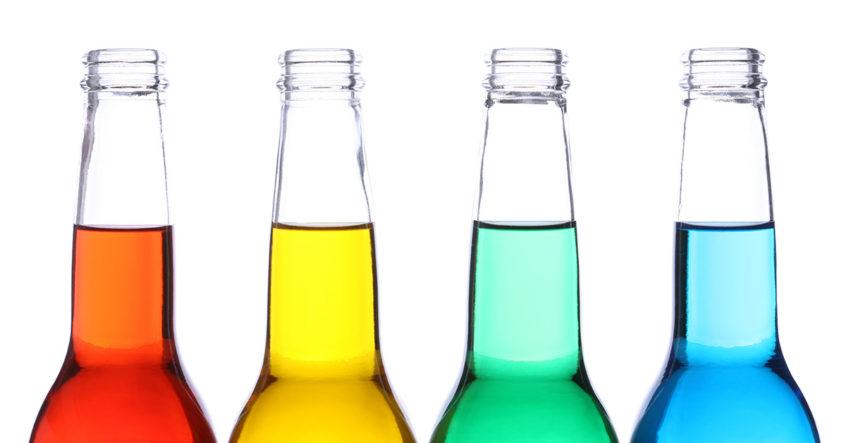As more and more people seek to avoid carbonated sodas and their empty calories, the popularity of flavored water has skyrocketed. One of the most popular brands, available at most supermarkets, has seen its share prices soar over the last few years due to an incremental explosion in sales. Flavored water boasts zero calories, great taste, and in many cases, plenty of bubbles. But is there an insidious danger lurking inside flavored water? Dentists in Towson, Maryland are warning people about the possibility that flavored water can be bad for your teeth.
How Can Flavored Water Be Bad For Your Teeth?
Flavored water typically contains no sugar, so sugar is not a concern. A quick look on the most popular brand’s website shows that there are no artificial sweeteners, either. So how can flavored water possibly be harmful to teeth? The problem is with the citric acid.
How Flavored Water Can Lead to Tooth Decay
Citric acid is the essence of citrus fruits like lime, lemon, orange, and grapefruit. Even though this is a naturally occurring acid, in large quantities, it can cause big problems with teeth. Little by little citric acid wears away the enamel on the outer surface of the tooth. The enamel is a hard coating that protects the teeth. The enamel develops over time, hardening until it is similar to “tooth armor.”
When the teeth are exposed to citric acid over a long period, the enamel is eaten away, leaving the inner layers of the teeth more exposed. Over time, small, almost microscopic divots may appear on the surface of the enamel. These will grow larger still since the enamel has been breached by the citric acid.
Children are Particularly Susceptible
Youngsters’ tooth enamel has not been fully developed. Their tooth enamel is softer than an adults’ and is even more prone to the damages of citric acid. That’s why GBP, your dentists in Towson, Maryland suggest not giving children those carbonated flavored waters that adults are so fond of.
What Other Dangers are There With Flavored Water?
Flavored water lowers the pH of the water to less than 5. Under five is the level at which dental health is at risk. So not only is the citric acid in flavored waters attacking the enamel; the enamel is also being assaulted by being immersed in an overall acidic environment.
Better Options for Flavored Water
The act of carbonating water doesn’t lower its pH. So if you’re simply after the refreshing bubbles, it’s considered safe for your teeth to drink unflavored seltzer water.
Another option to consider if you can’t give up flavored seltzer water is to use a straw. The straw will help the water to move past your teeth and gums without touching them, for the most part.
Yet another option is to make your own flavored water without citric acid at home. You can infuse regular tap water or unflavored seltzer water with cucumber, for instance.
The less you expose your teeth to the citric acid in flavored water, the better. Talk to us today about more ways to ensure excellent oral health.

